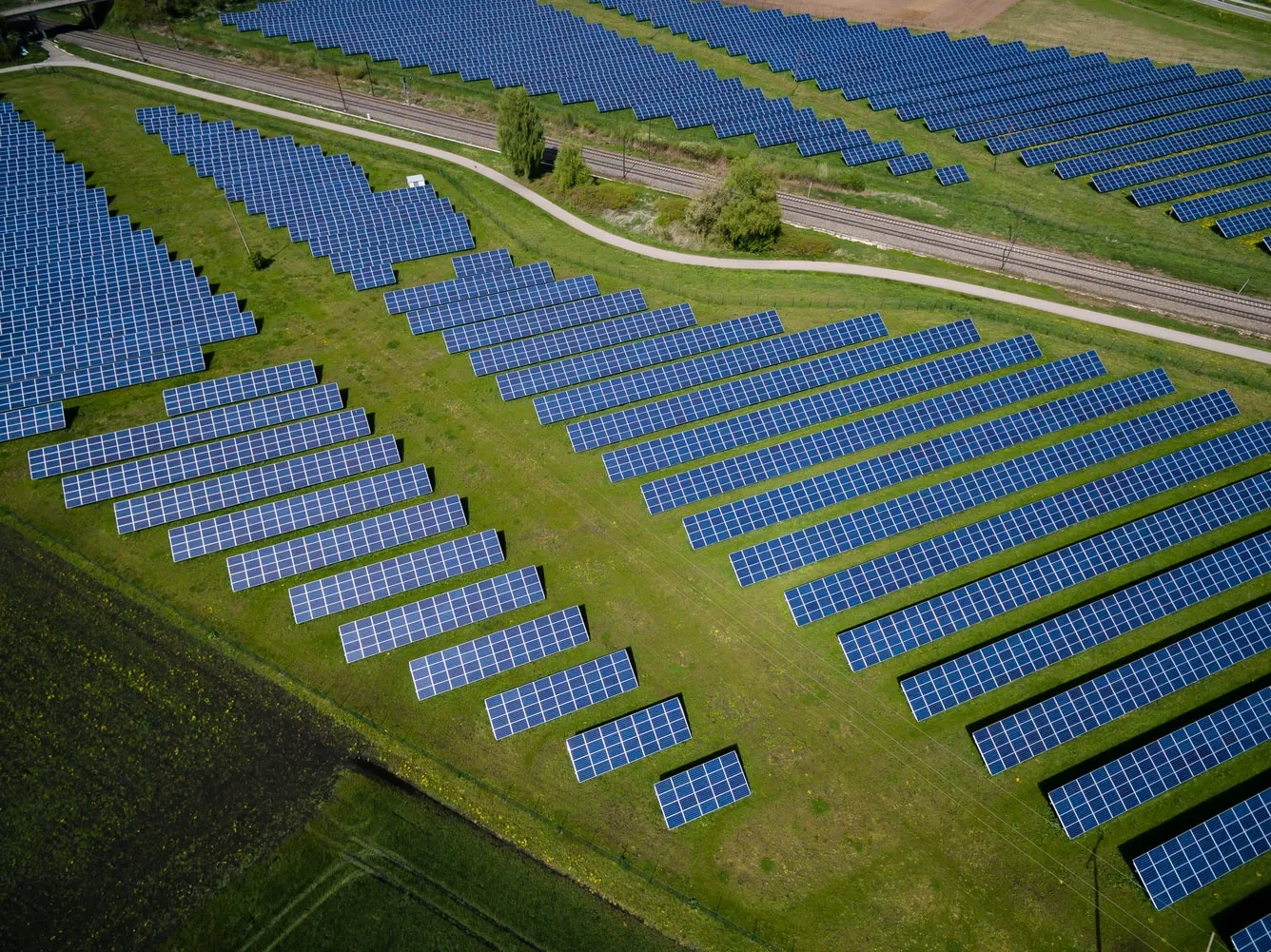Customers faced high prices this winter due to gas volatility, potentially gathering debt. The Energy Engage Code promises never to disconnect a customer that is engaging with the supplier. This supplier led initiative has prevented thousands of disconnections since 2014, ensuring individualisation of customer payment plans, constant review of the customers ability to pay and ensuring that customers who do disconnect, can be reconnected quickly.
As the moratorium on disconnection is due to end on March 31st, customers who have gathered debt should engage with their supplier through channels advertised on their websites.
For more on the Energy Engage Code please click: Here

